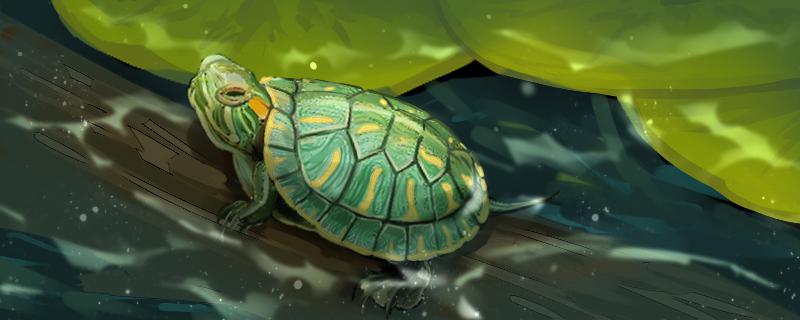 Is
Is The Brazilian turtle is not an amphibian. An amphibian is a frog that lives in the water and breathes with its gills when it is young and lives on land and breathes with its lungs when it is an adult. Brazilian tortoises, whether adults or juveniles, can live in water and on land, and they breathe with their lungs all the time. They are semi-aquatic and semi-terrestrial reptiles.
do Brazilian tortoises like? Brazilian tortoises are very timid. The environment in which they are raised should be quiet. If they are too noisy, they will be frightened. When the temperature is too low, they will go into hibernation motionless, so the temperature for raising them should be appropriate. The suitable temperature for their growth is between 20-32 ℃. When raising them, they should be provided with sufficient food.
They are omnivorous animals, and animals and plants can be used as their food. When they are young, they need more energy, and they are usually fed meat, 3-4 times a day. In adulthood, they can be fed with meat and vegetables, mainly meat, supplemented by vegetarian food, once a day. During their spawning season, they should be provided with spawning sites. If they are not provided with a place to lay their eggs, they will lay their eggs in water, resulting in a failure to hatch. Don't warm up during their hibernation period, because warming up will make them wake up earlier.